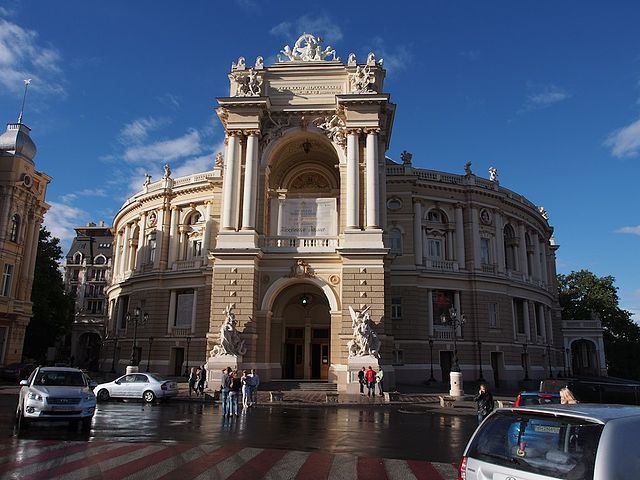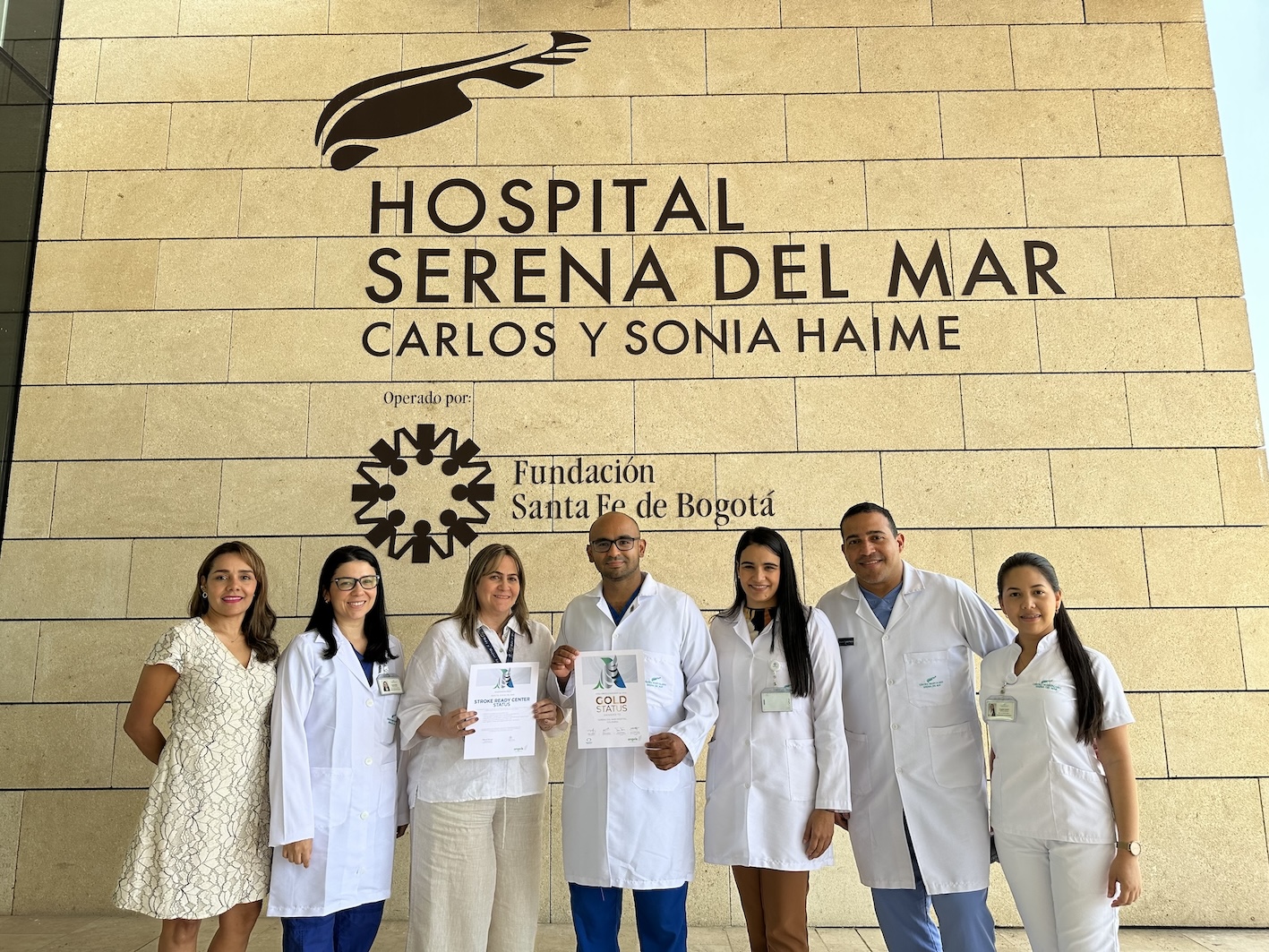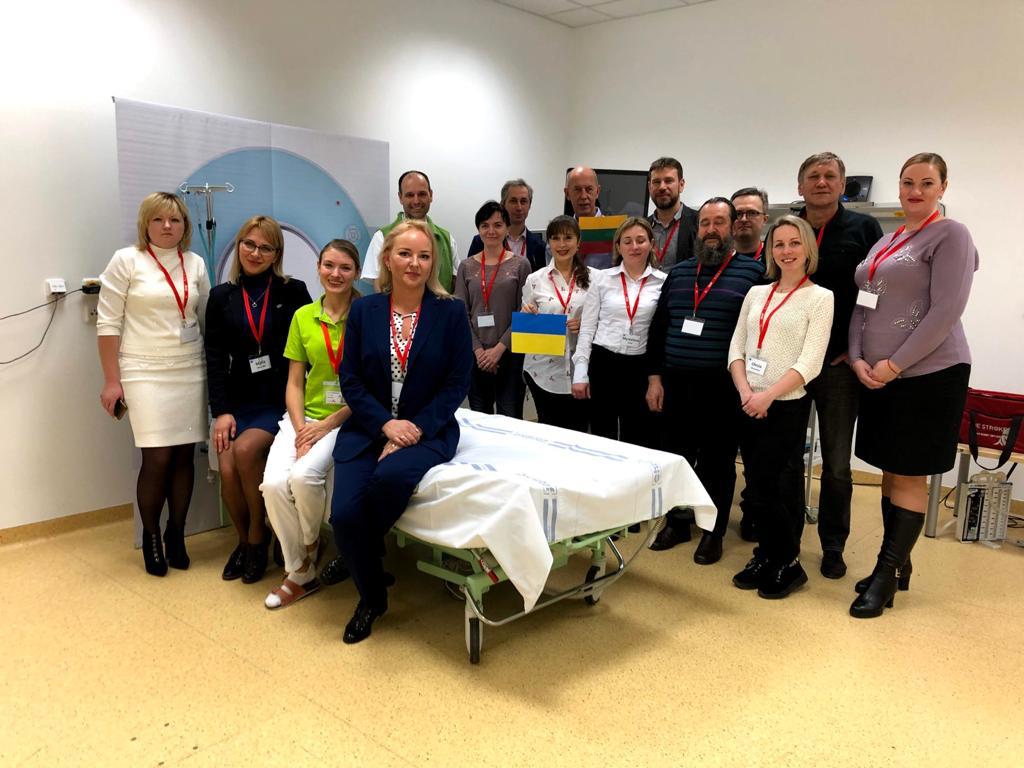
Odesa là một thành phố cảng nằm trên bờ biển phía tây bắc của Biển Đen. Trong thời bình, 'viên ngọc trai biển của Ukraine' rất phổ biến với những du khách đổ xô đến bờ sông và bãi biển và ở lại để bị quyến rũ bởi kiến trúc lộng lẫy của nó bao gồm các mặt tiền có màu pastel của biệt thự cổ điển và nghệ thuật mới và nhà hát opera đẹp nhất ở châu Âu.
Trong thời chiến, đó là một giải thưởng chiến lược, cho bất cứ ai kiểm soát Odesa, kiểm soát Biển Đen.
Nằm cách Kherson 200 km về phía tây, thành phố Odesa đã trở thành mục tiêu của các cuộc pháo kích và không kích kể từ khi cuộc xâm lược của Nga bắt đầu. Tiếng còi báo động không kích vang lên hàng ngày và danh sách thương vong của thường dân tiếp tục tăng lên. Trong tháng 12, các cuộc tấn công vào lưới điện đã khiến thành phố chìm trong bóng tối.
Vào tháng 4 năm 2022, nhóm Angels ở Ukraine cùng với các hiệp hội đột quỵ Ucraina bắt đầu thực hiện các cuộc gọi Zoom hàng tuần cho các bác sĩ đột quỵ bị bắt trong chiến tranh – một sáng kiến sau đó sẽ đạt được một chương trình nghị sự chính thức và sự hỗ trợ của Lực lượng Đặc nhiệm của ESO cho Ucraina. Cơ hội chia sẻ kinh nghiệm và cảm giác cộng đồng của họ đã được các bác sĩ đột quỵ trên khắp đất nước đón nhận, bao gồm Bác sĩ Oleksandr Kartashov, trưởng khoa chăm sóc tích cực tại Bệnh viện Lâm sàng Khu vực Odesa.
Nằm ở quận Suvoroskiy ở phía đông bắc của thành phố, Bệnh viện Lâm sàng Khu vực Odesa là một trung tâm toàn diện và là trung tâm đột quỵ hàng đầu ở khu vực Odesa dưới sự chỉ đạo của giám đốc điều hành, Tiến sĩ Yurii Gulchenko. Khi Angels lần đầu tiên bắt đầu làm việc với bệnh viện này vào năm 2016, họ đã tìm thấy toàn bộ nhóm các nhà vô địch về đột quỵ đã sẵn sàng – Tiến sĩ Kartashov, Tiến sĩ Volodymr Kolesnyk, trưởng khoa thần kinh học và Tiến sĩ Iryna Hubetova, trưởng khoa thần kinh học, người sau đó được thay thế bởi Tiến sĩ Olga Velychko.
Vào năm 2016, tư vấn viên của Angels, Lev Prystupiuk đã đến thăm Odesa để tham gia các hội thảo mô phỏng và đào tạo đánh dấu sự khởi đầu của một quỹ đạo mới cho chăm sóc đột quỵ tại bệnh viện này.
Các con số kể câu chuyện. Mười hai bệnh nhân đã trải qua quá trình Tiêu huyết khối vào năm 2016 và thời gian trung bình từ cửa đến kim là từ 60 đến 70 phút. Trong năm 2017 và một lần nữa vào năm 2018, hơn 30 bệnh nhân đã trải qua quá trình Tiêu huyết khối, và vào năm 2019, sau khóa đào tạo mô phỏng của chuyên gia tư vấn của Angels, Maria Sheverdina, con số đó đã tăng gấp đôi lên 63. Kể từ năm 2021, hơn 200 bệnh nhân đột quỵ đã có cơ hội thứ hai trong đời tại Bệnh viện Lâm sàng Khu vực Odesa, với thời gian từ cửa đến kim từ 20 đến 30 phút.
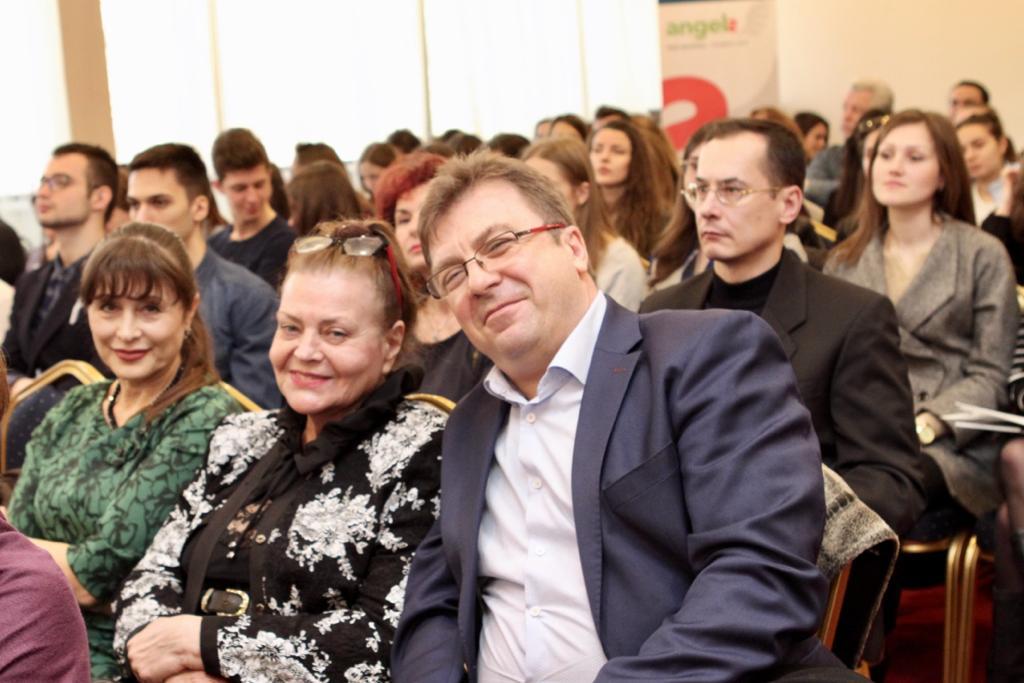
Bác sĩ Kartashov lần theo kinh nghiệm cá nhân của ông với điều trị đột quỵ cấp tính đến năm 2010, thời điểm mà thái độ đối với thuốc Tiêu huyết khối ở Ukraine là tạm thời. Ông đang làm nhiệm vụ ban đêm thì một bệnh nhân nữ được nhập viện có dấu hiệu đột quỵ. Sau khi loại trừ các chống chỉ định khác, Bác sĩ Kartashov quyết định thực hiện Tiêu huyết khối nhưng mặc dù điều trị đã thành công, do nguy cơ nhận thấy ông có nghĩa vụ phải viết nhiều báo cáo giải thích hành động của mình. “Người chiến thắng không bị phán xét, nhưng tôi đã bị phán xét”, anh nhận xét một cách tồi tệ.
Tuy nhiên, biến cố này hóa ra lại là một bước ngoặt đối với bệnh viện.
Vào năm 2019, bệnh viện đã giành được giải thưởng vàng ESO Angels đầu tiên, nhưng trong khi hiệu suất của nó tiếp tục cải thiện, việc nhập dữ liệu vào RES-Q đã chiếm ghế sau trong hai năm tiếp theo. Đó là, cho đến khi chiến tranh nổ ra và, trong cuộc gọi Zoom vào tháng 4, Tiến sĩ Kartashov đã lắng nghe với sự quan tâm mãnh liệt khi Tiến sĩ Yuriy Flomin, một trong những chuyên gia về đột quỵ hàng đầu trong nước, kêu gọi các bác sĩ chia sẻ dữ liệu điều trị đột quỵ với RES-Q.
Tiến sĩ Flomin cho biết các trung tâm xuất sắc như Bệnh viện Lâm sàng Khu vực Odesa xứng đáng được công nhận kết quả của họ.
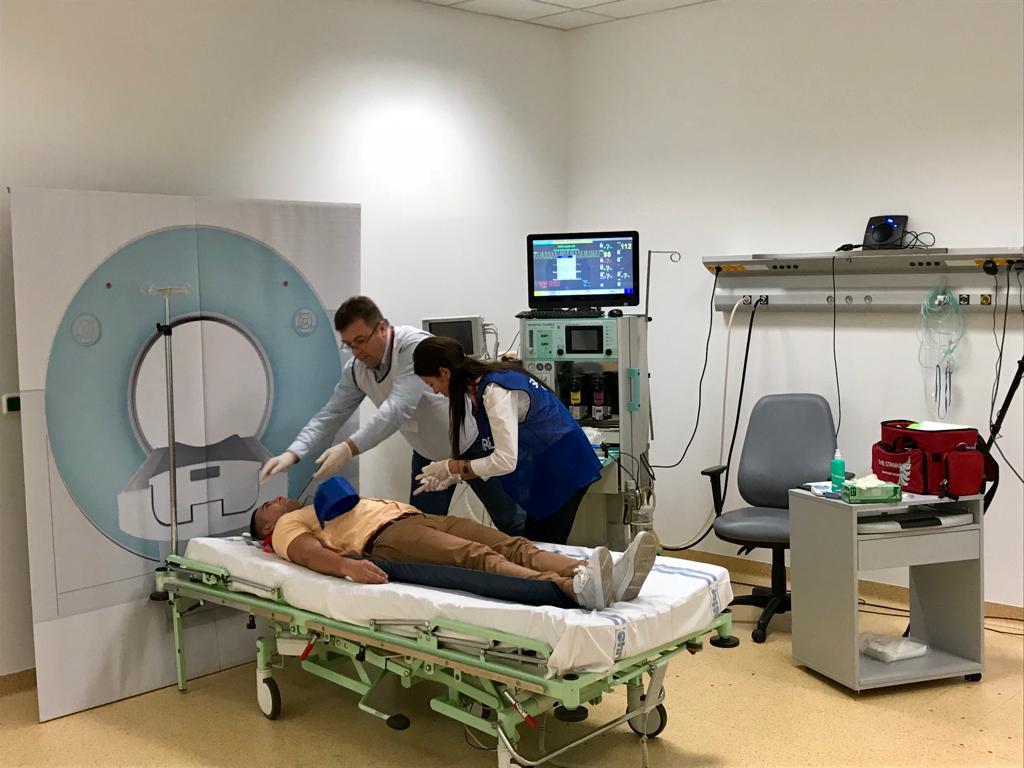
Sau khi được ghi lại trong RES-Q, những kết quả này thực sự đã kể một câu chuyện đặc biệt về chất lượng chăm sóc đột quỵ tại bệnh viện và ngay sau đó là sự công nhận. Trong giai đoạn từ tháng 4 đến tháng 6 năm 2022 – thời điểm các bệnh viện ở Ukraine đang trở thành mục tiêu chiến lược – Bệnh viện Lâm sàng Khu vực Odesa đã giành được giải vàng thứ hai,
Làm thế nào bạn có thể làm việc khi bạn biết một cuộc tấn công có thể xảy ra bất cứ lúc nào, Maria hỏi Tiến sĩ Kartashov vào thời điểm đó. Anh ta trả lời: “Chúng ta có thể làm gì khác, ngoại trừ tiếp tục làm việc và hy vọng.”
Vì vậy, họ tiếp tục làm việc và hy vọng, và trong khoảng thời gian từ tháng 7 đến tháng 9, khi tuyến đầu tiến gần hơn đến thành phố và các cuộc tấn công bằng tên lửa đã cướp đi sinh mạng của hàng chục người dân khác, Bệnh viện Lâm sàng Khu vực Odesa đã giành được giải thưởng kim cương đầu tiên. Và trong quý kết thúc vào tháng 12 đen tối đó, họ đã thêm một viên kim cương thứ hai vào vương miện của mình.
Nếu chiến tranh và đột quỵ dạy chúng ta bất cứ điều gì, thì đó là cuộc sống quý giá. Đây là lý do tại sao Tiến sĩ Kartashov nói, “Điều quan trọng là cho bệnh nhân của chúng ta cơ hội không chỉ để sống mà còn để thực sự sống.”
